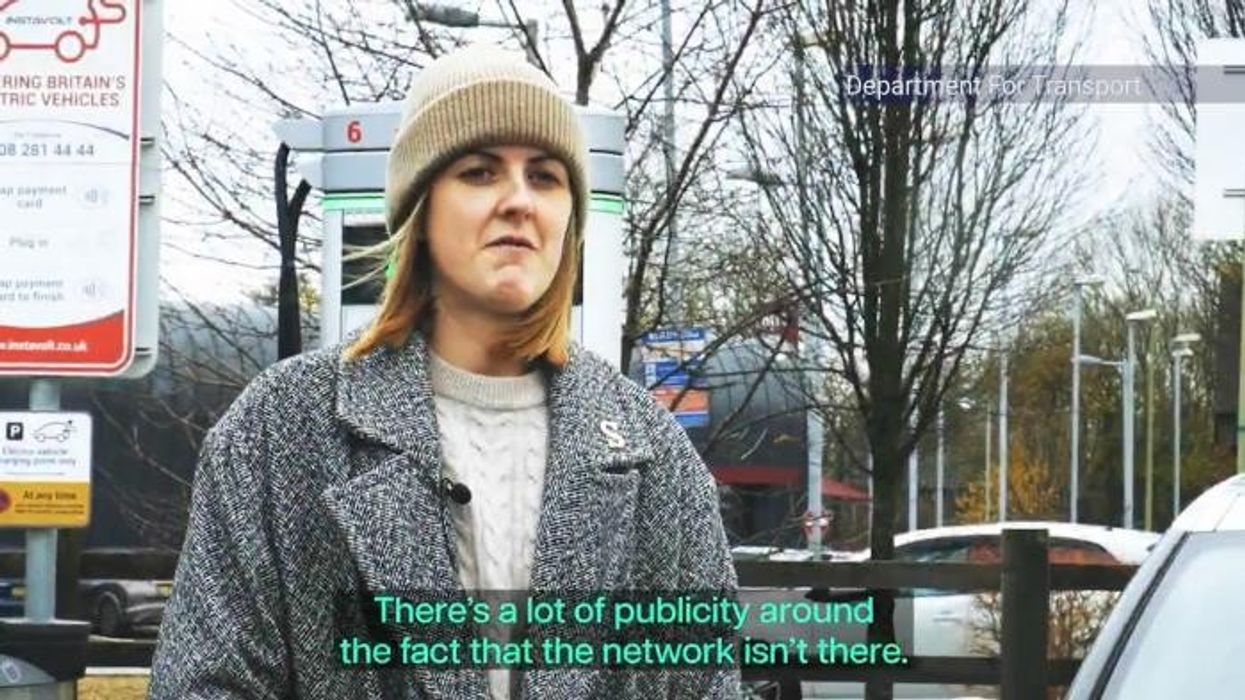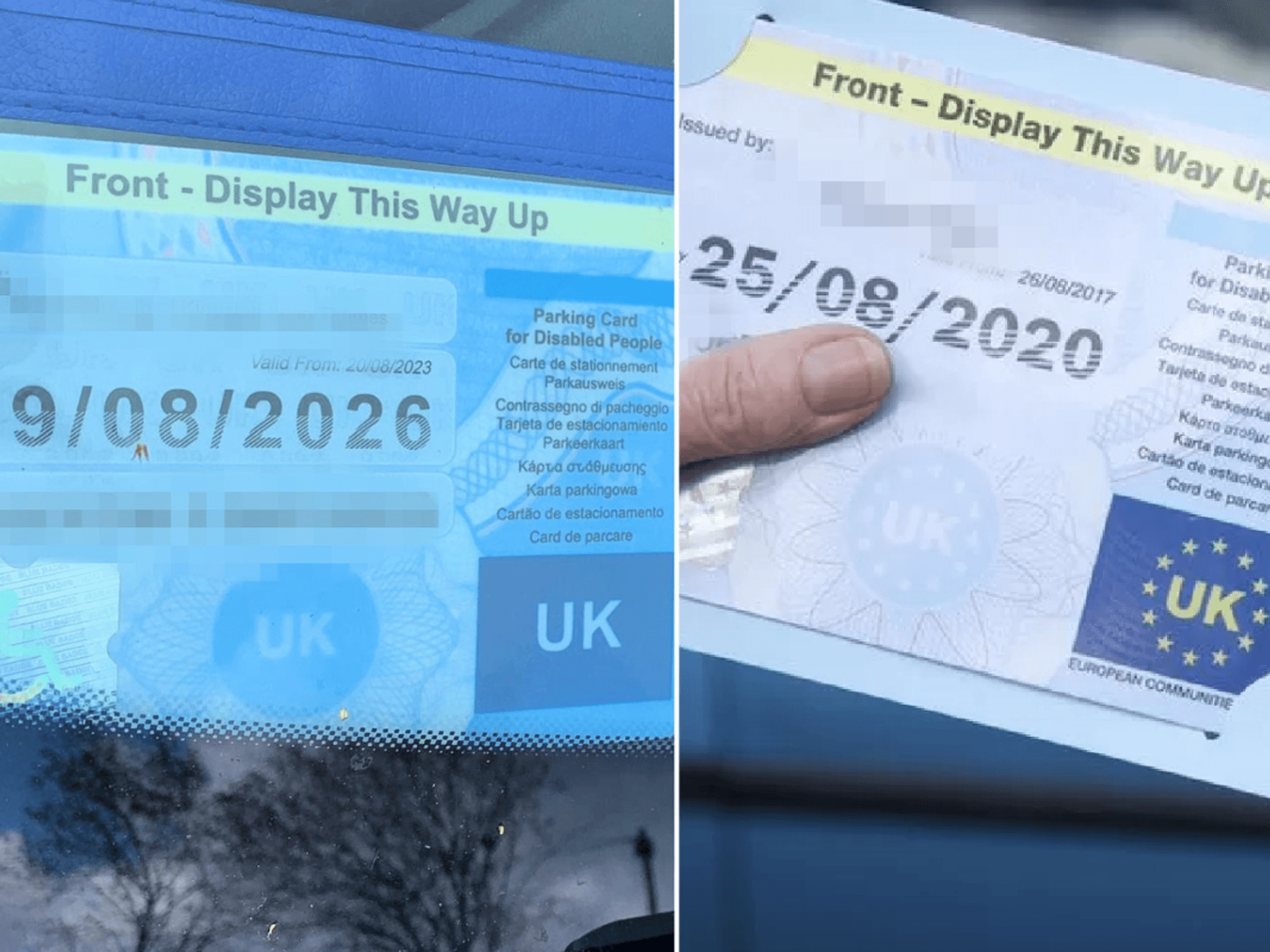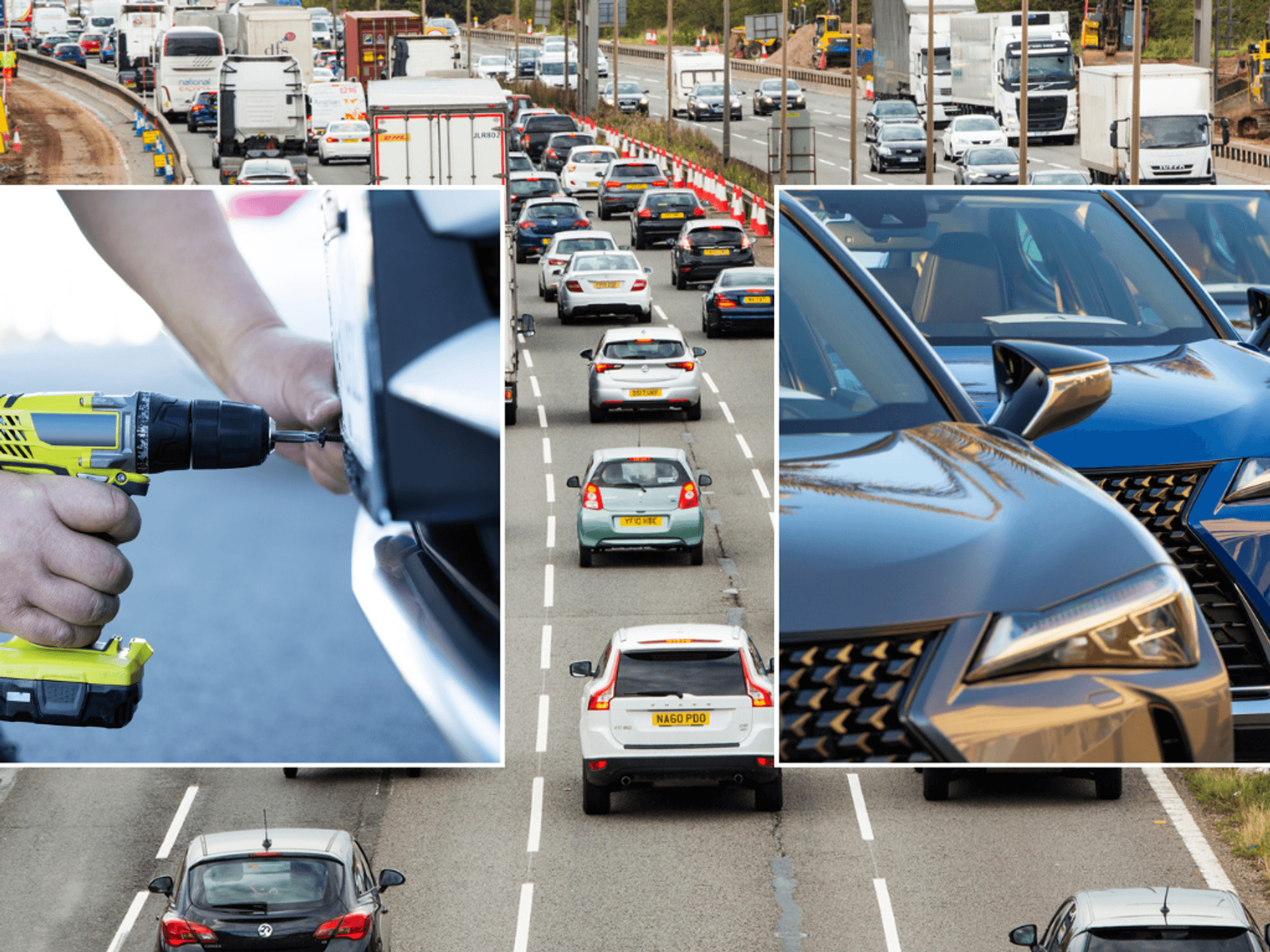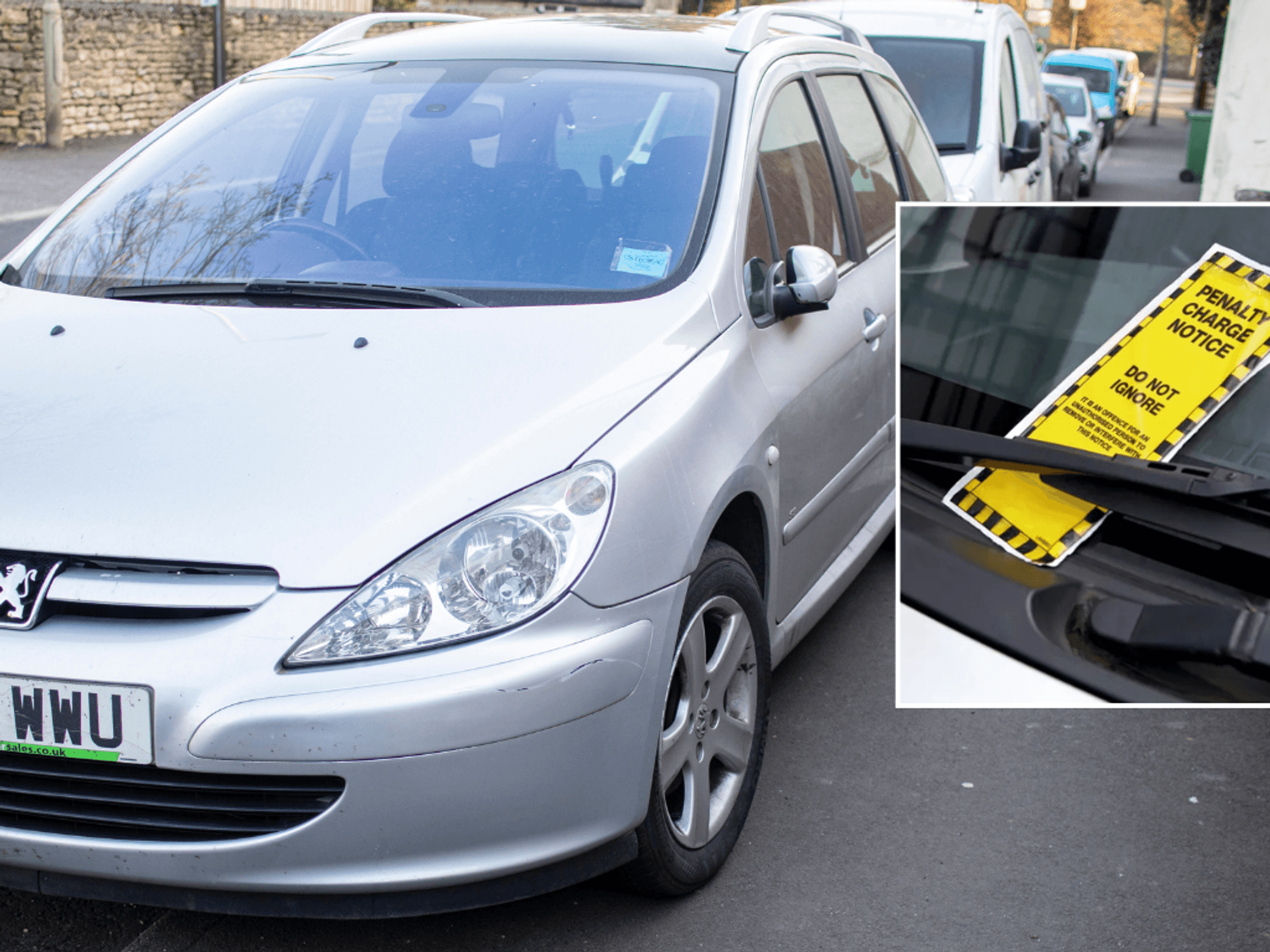Millions of Britons would switch to an electric car if EVs had 'convenience of petrol vehicles'

There are almost 80,000 public chargers around the UK
Don't Miss
Most Read
The majority of drivers across the UK would be in favour of buying an electric car if they could charge within a matter of minutes, and at the same pace as refuelling a petrol or diesel car.
A new survey has found that 72 per cent of motorists said they would be willing to switch to an electric car if it could charge 250 miles of range in just five minutes.
The technology has recently been displayed by Chinese giant BYD with its ultra-rapid "flash charging" feature, which appears to be as quick as refuelling.
The Super e-Platform has a charging power of one megawatt, meaning it can charge at a speed of two kilometres per second, for a total of 400km or 250 miles in just five minutes.
Do you have a story you'd like to share? Get in touch by emailing motoring@gbnews.uk
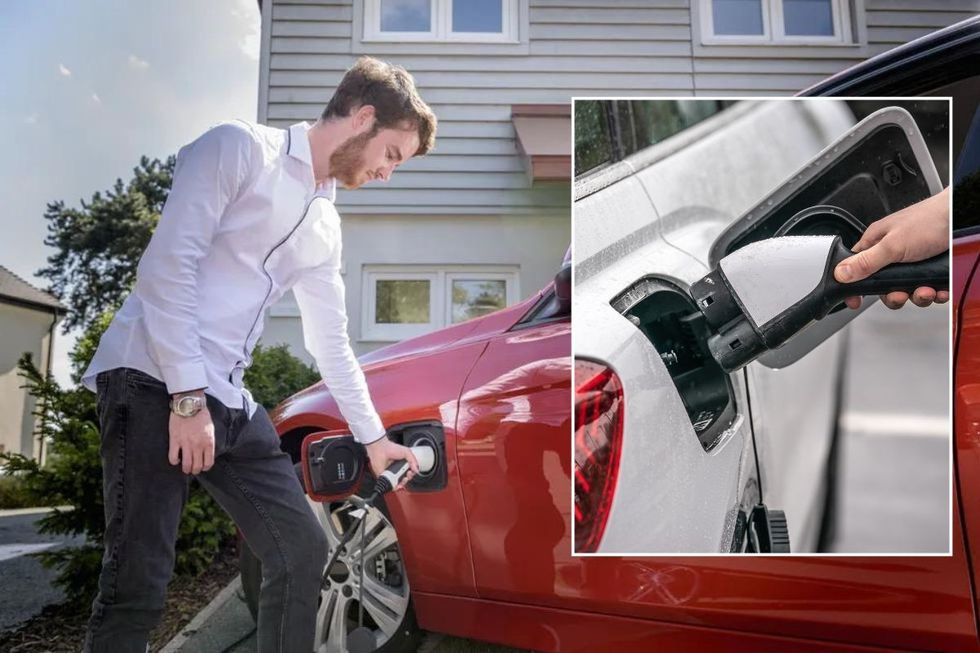
Millions of drivers said they would switch to an EV if charging speeds improved
|GETTY
While these particular chargers may not be seen on UK roads in the future, they are already in operation across China with 400 available.
They are compatible with the BYD Han L and Tang L, as highlighted by Bono Ge, Country Manager of BYD UK, at the Everything Electric London event in April.
He suggested that the technology could be used in the UK, but an evaluation would be needed, citing concerns around the price of existing rapid and ultra-rapid public chargers.
Paul Burgess, CEO of Startline Motor Finance, said: "The promise of an electric car that can be powered with the convenience of a petrol equivalent clearly strikes a chord with many potential buyers, our research shows.
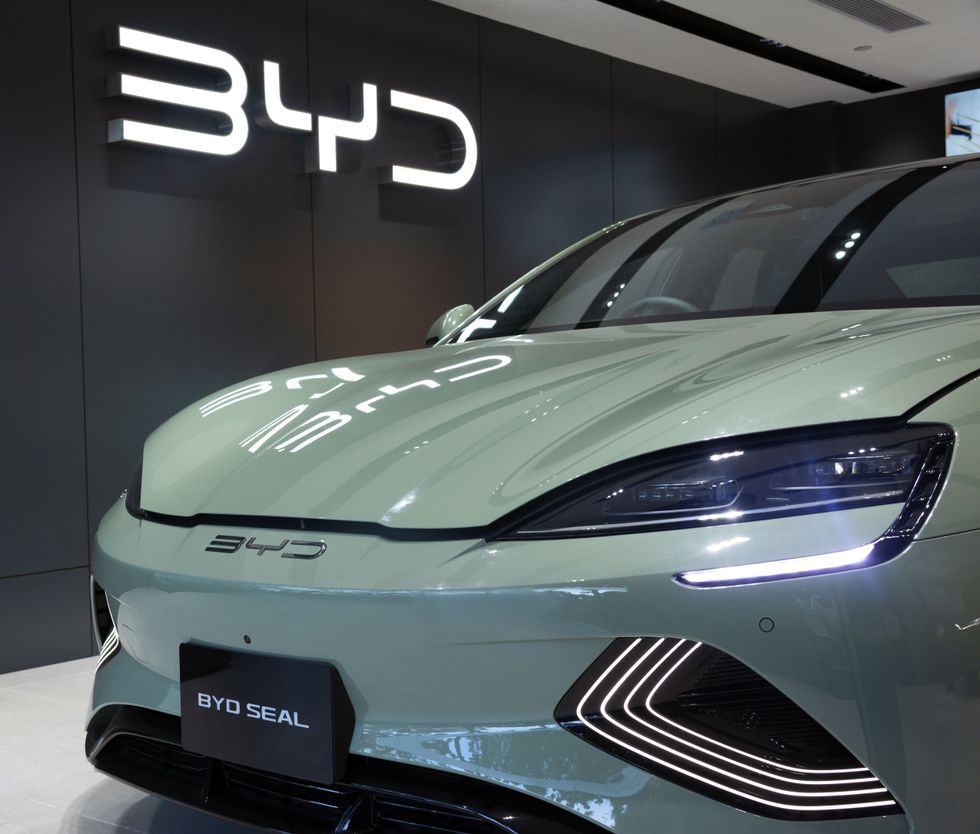
There are 400 BYD Super e-Platform chargers across China
| GETTY"Being able to pull up to a charger and add 250 miles of range in moments would remove the need for a home charger, especially important for people who don’t have the space to install their own, and promises to make the whole process of highway charging much simpler."
The Startline Used Car Tracker also found that 34 per cent of people said that such technology would mean they wouldn't need a home charger.
Despite this, 15 per cent of survey respondents believe that power from chargers as fast as the BYD technology will be expensive, potentially putting a further barrier to entry.
Around one in eight people said that building a charging network of this speed would be difficult, including the intensive energy demands.
Burgess added: "We have, of course, yet to see BYD’s charging in action and it is comparatively rare to see chargers rated at over 300kW in the UK, never mind the 1,000kW that five-minute charging demands. Our most powerful public chargers offer less than half that capacity.
"Delivering this step change would require a massive investment in infrastructure and motorists are probably correct in assuming that this kind of power would be expensive to install and to access."
According to data from Zapmap, there are almost 80,000 chargers across the UK, with more than 2,800 installed in the last month alone.
Of these, there are 15,874 rapid and ultra-rapid charging devices capable of charging more than 50kW across around 6,200 locations.
LATEST DEVELOPMENTS:
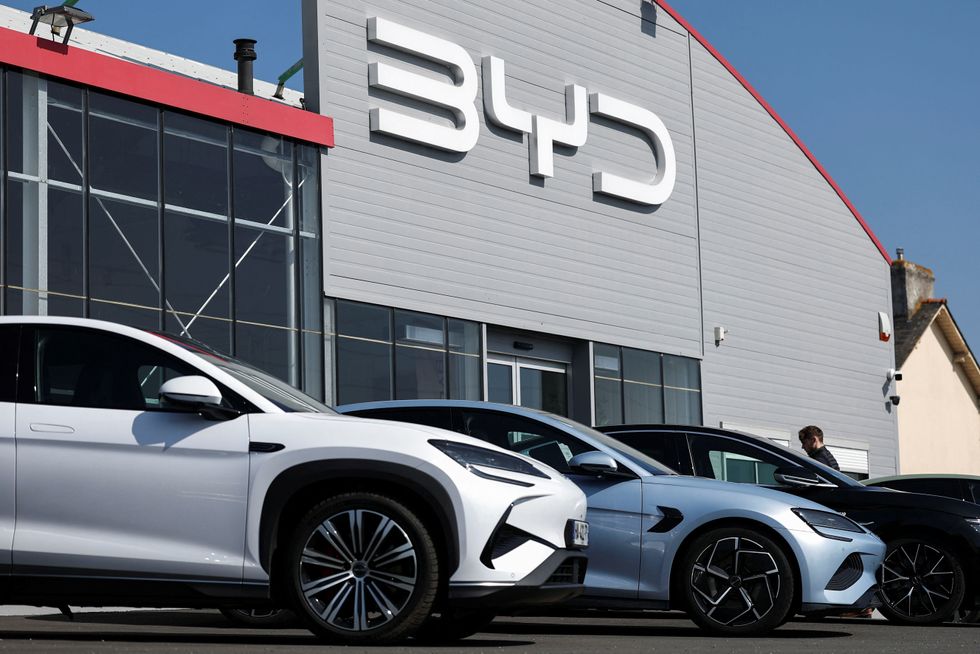
BYD is one of the fastest-growing electric vehicle brands in the UK
| REUTERSThe UK aims to have 300,000 chargers installed by the end of the decade to help more drivers have faith in the charging infrastructure, especially if they cannot install a home charger.
There are estimated to be more than 1.5 million chargers at homes and workplaces across the country as the technology becomes more commonplace.


